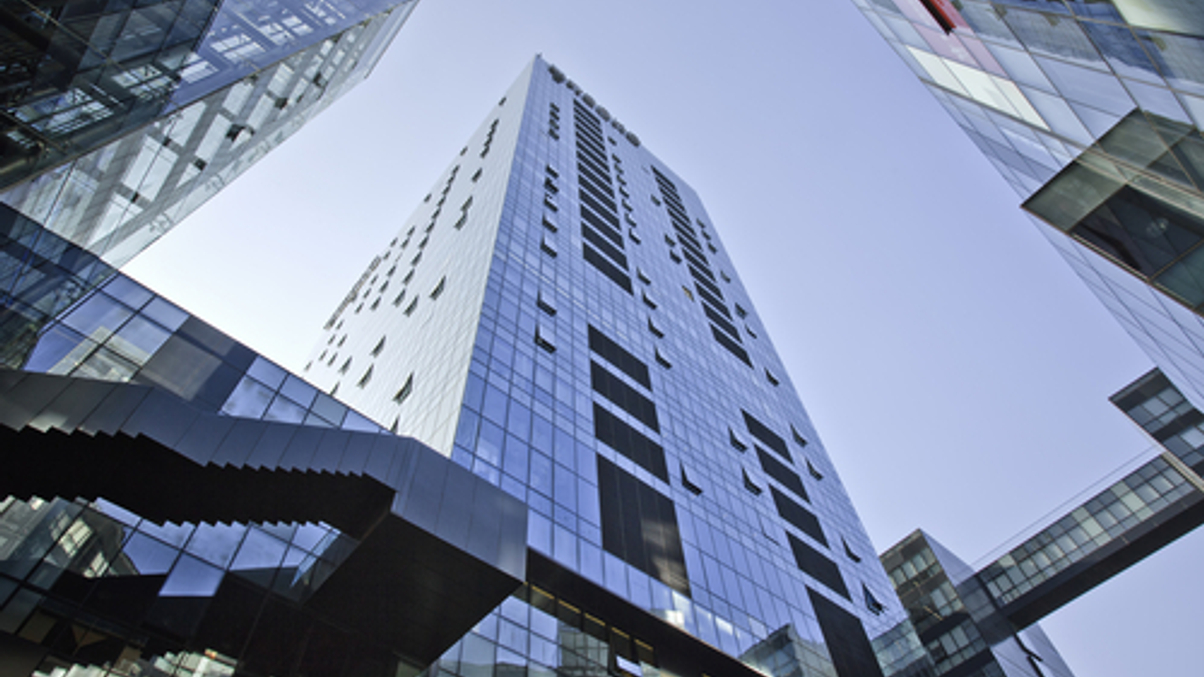APG’s new Asia head of listed property talks allocations
Roberto Versace, who joined the Dutch pension fund manager in June, has cut exposure to China real estate developers but sees value in Australian and Japanese Reits.

APG Asset Management, the €450 billion ($531 billion) Dutch pension fund manager, hired Roberto Versace as its new Asia-Pacific head of listed real estate investments to replace Nila Ng, who left the firm in November 2016.
Sign In to Your Account
Access Exclusive AsianInvestor Content!
Please sign in to your subscription to unlock full access to our premium AI resources.
Free Registration & 7-Day Trial
Register now to enjoy a 7-day free trial—no registration fees required. Click the link to get started.
Note: This free trial is a one-time offer.
¬ Haymarket Media Limited. All rights reserved.


